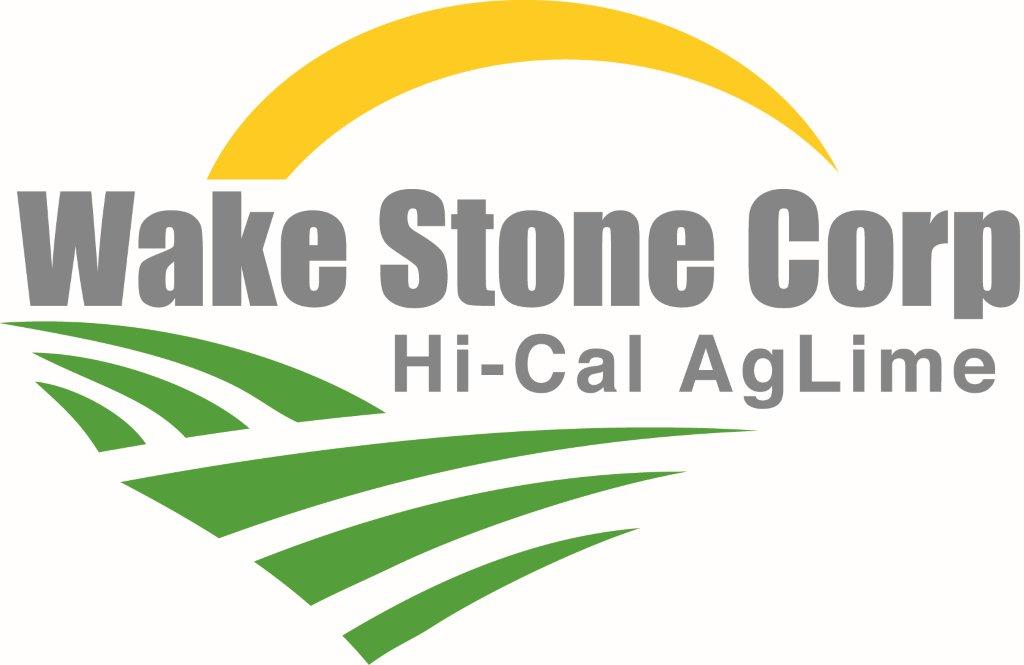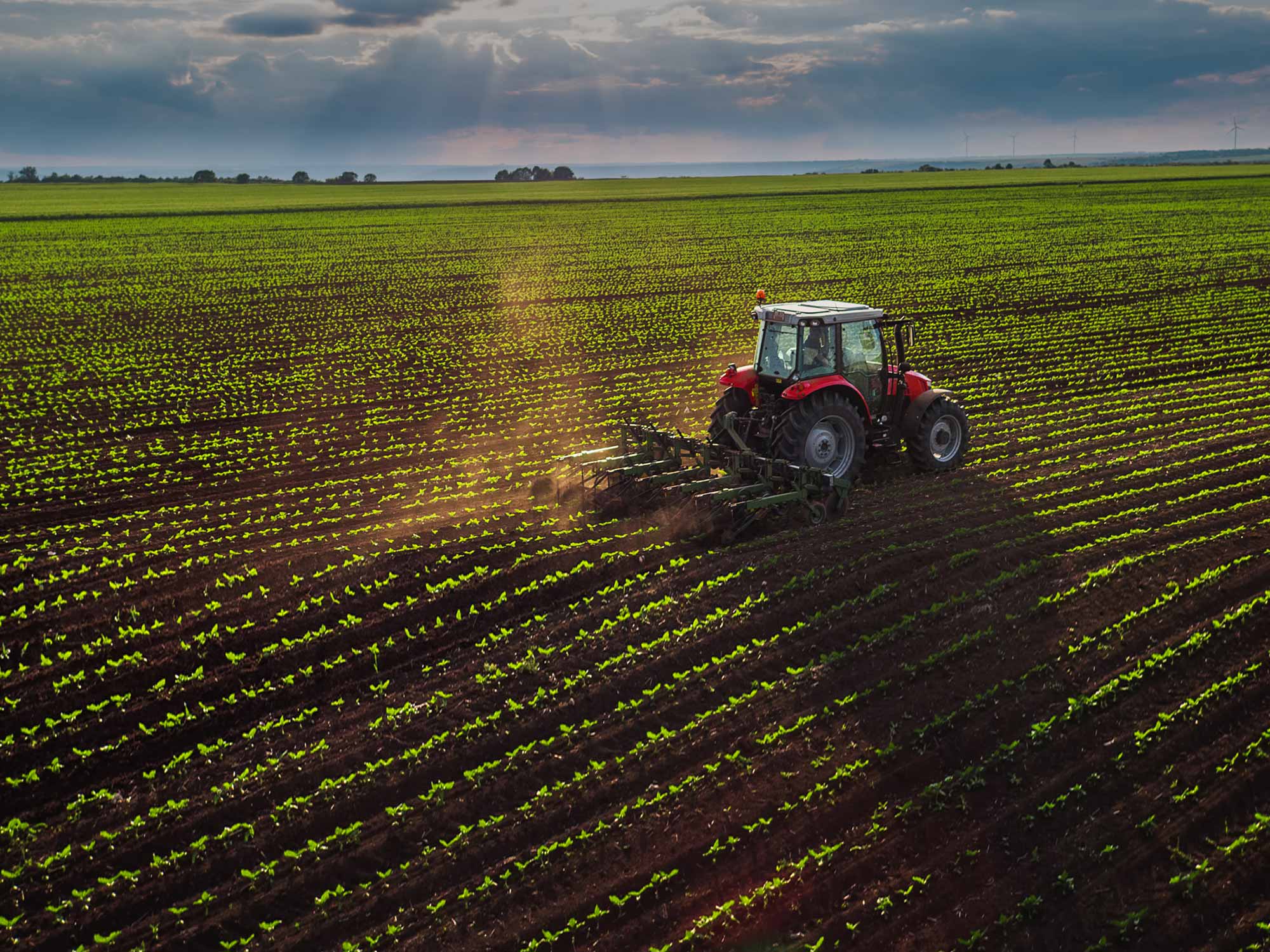-
Is AgLime the same as lime?
The term agriculture lime or aglime usually refer to crushed or pulverized limestone. Limestone, which is calcium carbonate, is not the same as hydrated lime, which is calcium hydroxide.
-
What is the difference between calcitic lime and dolomitic lime?
Lime is any compound capable of increasing the soil pH. Calcitic lime is Calcium Carbonate, CaCO3 and Dolomitic lime is Calcium and Magnesium, CaMg(CO3)2. If your soil is in need of Magnesium then you need to apply dolomitic lime, but if the soil test indicates ample reserves of Magnesium and low Calcium reserves then what you need is calcitic lime.
-
Should lime be worked into the soil or placed on the surface?
The best way to apply lime is to work it into the soil prior to planting if possible. However, you may apply to the surface but it will take longer to react with the soil.
-
How long does it take for aglime to react with the soil?
AgLime is very insoluble, therefore, it needs to be mixed throughout the root zone. Water is the main ingredient required for aglime to react with the soil. Therefore, lime applications applied in dry soil will be much slower reacting. However, if the recommended amount of aglime is properly mixed with the soil, planting may follow immediately because enough fine particles exist in the limestone to raise soil pH right away. In the past, it was recommended that aglime be applied several months prior to planting. Because of improved limestone quality and tillage equipment used for incorporating limestone into the soil this recommendation is no longer necessary. When limestone is properly mixed into the soil, liming may be done anytime between the harvesting of one crop and the planting of the next crop.
The reactivity time also depends on the type of lime used. Usually, liming materials with a high calcium carbonate equivalent (CCE) tend to neutralize soil acidity faster than those with a lower CCE. The gradations of the liming material will also influence how fast the lime will react in the soil. In other words, as the particle size decreases, aglime dissolves more rapidly and changes pH over a shorter period. Particle size plays a very important role of aglime quality and particle size specifications are part of most aglime laws. Also, limestone crushed for road building is far too coarse to be effective in lowering pH, even if applied at several times the recommended aglime application rate.
-
What is the difference between Hi-Cal AgLime and Gypsum?
Both Hi-Cal Aglime (calcium carbonate) and gypsum (calcium sulfate) are used to improve the soil structure; however, they serve very different purposes. Adding lime to soil raises the pH so it becomes less acidic. This can help increase crop production and enhance the appearance of your lawn. Lime also reduces the toxicity of elements in the soil, such as aluminum, manganese and iron, which can adversely affect plant growth. Lime also adds desirable nutrients, such as calcium and phosphorus. In addition, lime increases bacterial activity, which helps improve soil structure.
Gypsum is actually an element called calcium sulfate that is used to loosen up stubborn, compacted or clay soils. Adding gypsum to the soil does not affect the soil pH. Gypsum works by pulling together clay particles in the soil creating porous spaces for air, water and plant roots. For high saline soils, gypsum removes the sodium and replaces it with calcium. For all soil types, gypsum adds calcium and sulphur, which are necessary elements for plant growth. Gypsum also helps soil retain water and helps decrease soil erosion.
-
Is agriculture slag as good a liming material as agriculture lime?
Agricultural slag is a generalized term for fused calcium magnesium silicates. This material is normally a by-product of the steel industry. Agricultural slag usually has less neutralizing power/ton of lime than standard agricultural ground limestone; thus, higher rates of agricultural slag are typically required. When used at the appropriate rate, agricultural slag can be an effective liming material. However, be aware of the makeup of the agricultural slag that is used. Some materials that are sold as agricultural slag may be coarse, have high levels of heavy metals and water thus slowing the soil reaction.
-
How much lime do I need to apply?
The amount of lime needed depends on the type of crop you will be planting. It is best to sample the soil prior to applying. The most desirable soil pH for most crops in the Carolina’s is 5.8 – 6.2. The goal of liming is to achieve a neutral soil.
-
How often should lime be applied?
Apply lime only when recommended by a soil test. Some soils need to be limed more often than others. a rule of thumb is every 2-3 years. In general, sandy-textured soils need to be limed more frequently than clay soils because sandy soils are more subject to pH changes caused by leaching and fertilizer treatments.
If possible, lime should be applied and mixed into the soil before a crop is planted. However, if the need is great, lime can be applied even when plants are already in place. Unlike fertilizers, lime can be spread over growing crops without damaging the crop. When lime has been applied as recommended, do not apply more without taking another soil test.
-
Does Wake Stone deliver AgLime?
Yes, Wake Stone will deliver. However, Wake Stone does not own its own trucks but works closely with local trucking companies to make sure we meet our customer’s needs. You may also use your own truck or hire a trucker to haul the material for you.
-
Where can I purchase Wake Stone Hi-Cal AgLime?
Wake Stone Hi-Cal AgLime can be purchased at 3 different locations.
- North Myrtle Beach Quarry – 6:30AM – 5:00PM Monday – Friday.
Located at 3990 Hwy 9 Loris, SC 29568. - Nash County Quarry – 6:30AM – 5:00PM Monday – Friday.
Located at 7379 North Halifax Rd Battleboro, NC 27809. - Riverside Sand Co. – 7:30AM – 3:30PM Monday – Friday.
Located at 168 Norwood Blanchard Rd Wallace, NC 28466.
-
Why do I need AgLime?
High crop yields remove large amounts of calcium and magnesium from the soil. AgLime is needed to replace these nutrients, as well as those lost through leaching and soil erosion.
-
What are the benefits of AgLime?
- Increased yields
- Reduces soil toxicity
- Raises soil pH, reducing acidity
- Increases efficiency of fertilizers
- Improves physical soil structure
- Regulates nutrient absorption into plants
- Helps aerate soil by boosting microorganisms
- Provides suitable environment for bacterial growth


